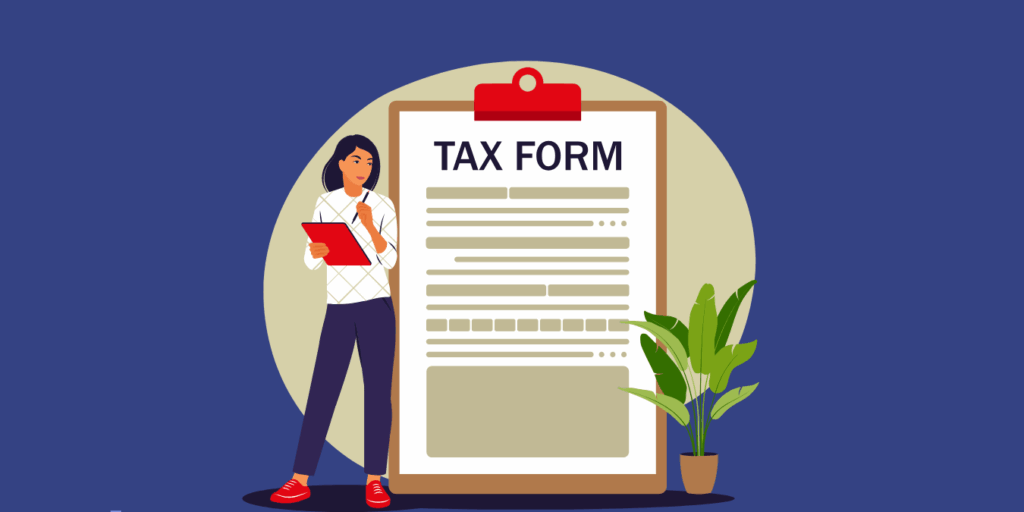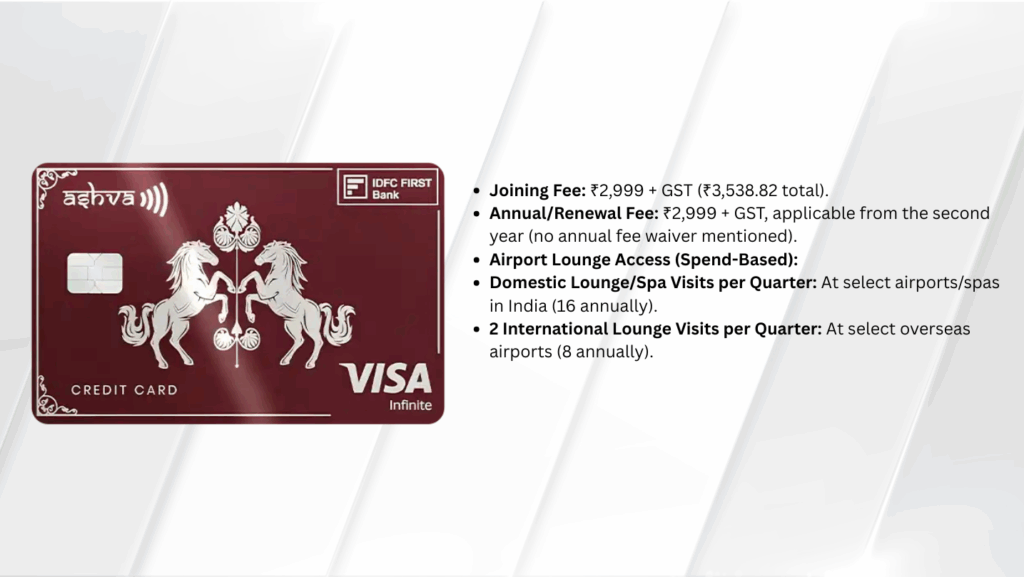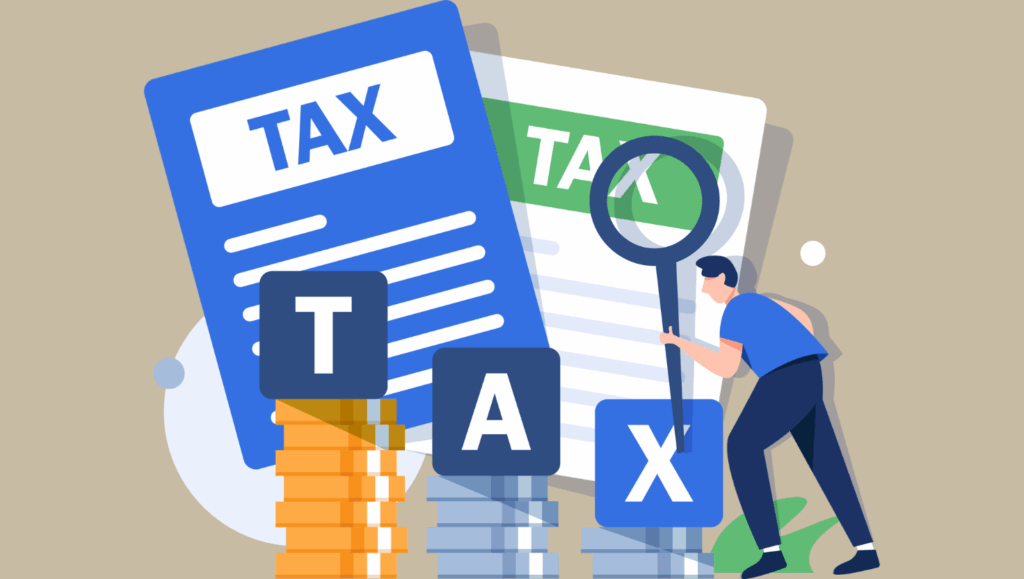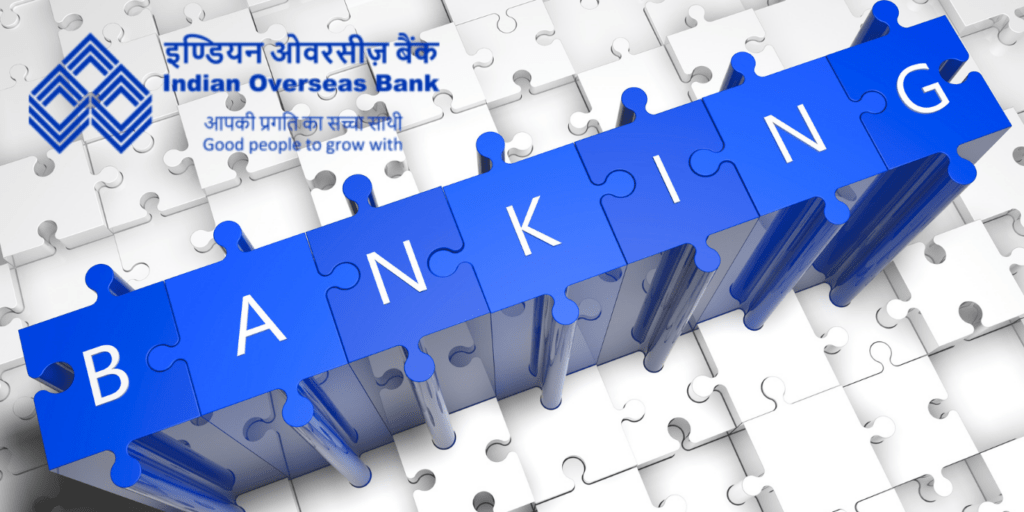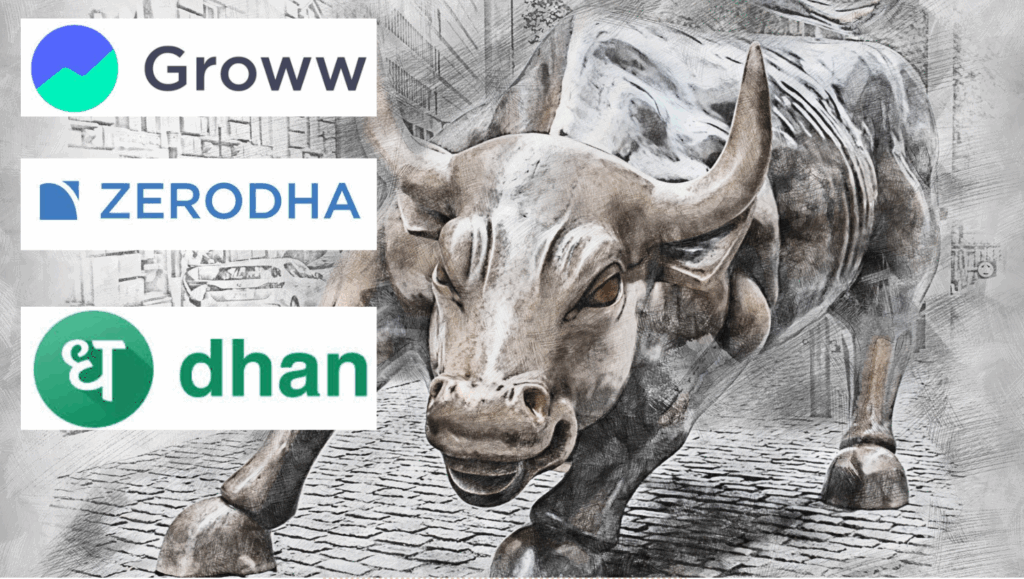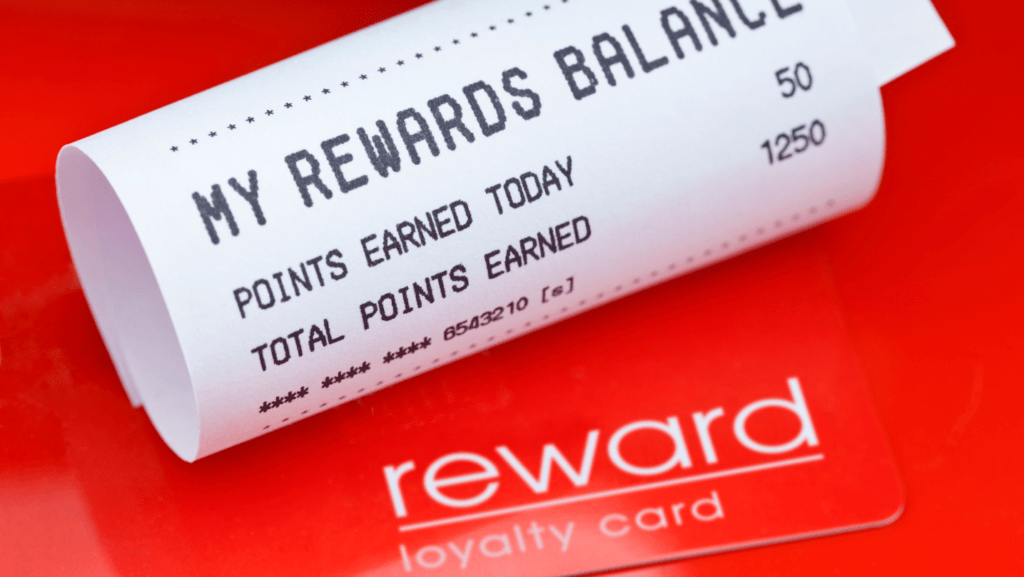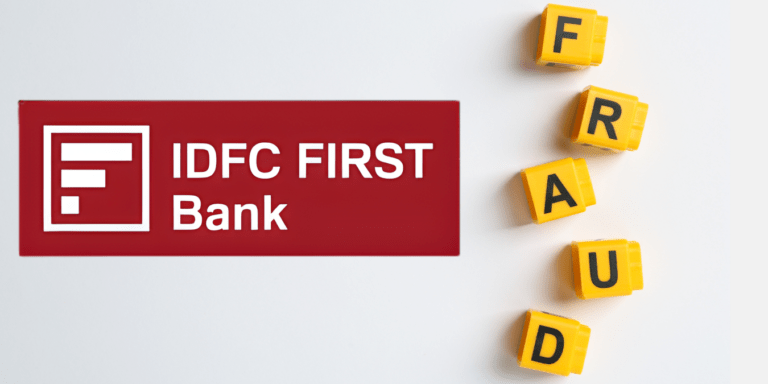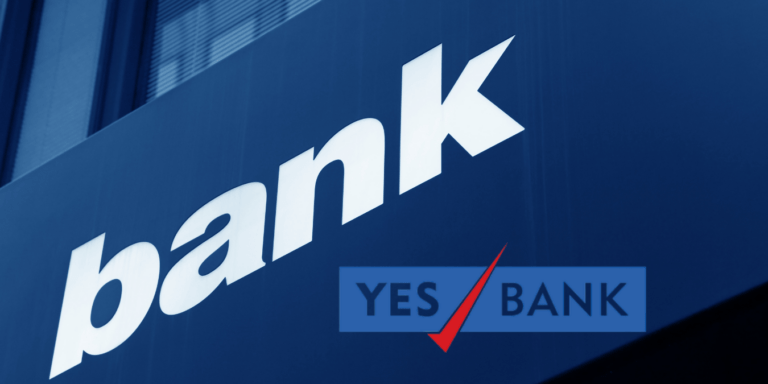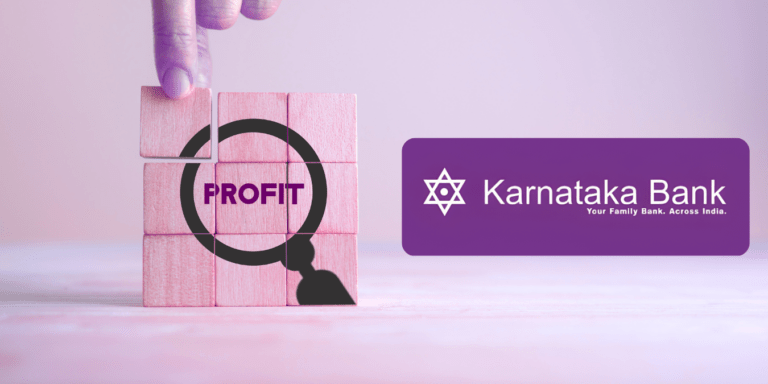
Curious why bank tellers ask about large cash withdrawals in India? Discover RBI KYC rules, AML laws, and your rights as a customer. Learn cash withdrawal limits and how to respond confidently in this SEO-optimized guide. Stay informed and navigate banking with ease!
Cash transactions are becoming less common, yet many people in India still rely on cash for various reasons—be it for business, emergencies, or cultural practices like gifting during festivals. However, withdrawing a large amount of cash from your bank account can sometimes raise eyebrows at the teller counter. You may have experienced a bank teller politely (or not so politely) asking, “Why are you withdrawing so much cash?” This question can feel intrusive, sparking curiosity about whether bank tellers are even allowed to ask it. In this comprehensive blog post, we’ll explore the legality, regulations, and reasons behind such inquiries in the Indian banking system, ensuring you’re well-informed about your rights and responsibilities as a bank customer.
This article dives deep into the topic, addressing key questions like: Are bank tellers legally permitted to ask about large cash withdrawals? What regulations govern such inquiries in India? And how can you respond to these questions confidently? Packed with the latest data and insights, this blog is designed to be both engaging and informative, helping you navigate the banking landscape with ease.
Why Do Bank Tellers Ask About Large Cash Withdrawals?
When a bank teller asks why you’re withdrawing a significant amount of cash, it’s not necessarily out of personal curiosity. In India, banks operate under strict regulations enforced by the Reserve Bank of India (RBI) and the Government of India to ensure financial transparency and curb illegal activities. Here are the primary reasons why tellers may ask about large cash withdrawals:
1. Compliance with Anti-Money Laundering (AML) Laws
India has robust Anti-Money Laundering (AML) and Combating the Financing of Terrorism (CFT) regulations under the Prevention of Money Laundering Act (PMLA), 2002. Banks are required to monitor transactions that could potentially be linked to money laundering or terrorist financing. Large cash withdrawals, especially those exceeding certain thresholds, trigger scrutiny to ensure compliance with these laws.
According to the RBI’s Know Your Customer (KYC) guidelines, banks must maintain detailed records of transactions and report suspicious activities to the Financial Intelligence Unit (FIU-India). If you’re withdrawing a large sum, the teller may ask for the purpose to assess whether the transaction aligns with your financial profile or raises red flags.
2. Cash Transaction Reporting (CTR)
Under the PMLA, banks are obligated to report all cash transactions exceeding ₹10 lakh (or its equivalent in foreign currency) in a single transaction or a series of related transactions to the FIU-India. These are known as Cash Transaction Reports (CTRs). To file accurate reports, tellers may ask for details about the purpose of the withdrawal to ensure the transaction is legitimate and properly documented.
3. Suspicious Transaction Reporting (STR)
If a transaction appears unusual or doesn’t align with your banking history, it may be flagged as a Suspicious Transaction Report (STR). For instance, if you typically withdraw small amounts and suddenly request ₹5 lakh in cash, the bank may inquire to understand the context. This helps banks differentiate between legitimate transactions and potentially illicit ones.
4. Protecting Customers from Fraud
In some cases, tellers ask about large withdrawals to protect customers from fraud or coercion. For example, if an elderly customer is withdrawing a large sum, the teller might inquire to ensure they’re not being scammed or pressured into handing over cash.
5. Operational and Cash Management Needs
Banks also have practical reasons for asking about large withdrawals. Handling large cash amounts requires adequate preparation, as branches need to ensure they have sufficient cash reserves. By understanding the purpose, tellers can coordinate with the bank’s cash management team to fulfill your request efficiently.
Are Bank Tellers Legally Allowed to Ask About Cash Withdrawals?
Yes, bank tellers are legally permitted to ask about the purpose of large cash withdrawals, provided the inquiry is part of regulatory compliance or standard banking procedures. The RBI’s Master Circular on KYC Norms (updated as of 2025) explicitly mandates banks to exercise due diligence in monitoring high-value transactions. This includes verifying the source and purpose of funds to prevent misuse.
However, there’s a fine line between compliance and overreach. While tellers can ask about the purpose, they cannot demand sensitive personal details or harass customers. The inquiry should be professional and relevant to the transaction. For instance, a teller might ask, “Could you share the purpose of this withdrawal for our records?” but they cannot insist on overly specific details that infringe on your privacy.
If you feel the questions are inappropriate or excessive, you have the right to escalate the matter to the branch manager or file a complaint through the bank’s grievance redressal mechanism. The Banking Ombudsman Scheme, overseen by the RBI, provides a platform for customers to address such concerns.
What Are the Cash Withdrawal Limits in India?
To better understand why tellers ask about large withdrawals, it’s essential to know the cash withdrawal limits and reporting thresholds in India. These vary depending on the account type and banking regulations:
1. Cash Withdrawal Limits
- Savings Accounts: Most banks impose daily or weekly withdrawal limits on savings accounts, typically ranging from ₹50,000 to ₹1 lakh per day, depending on the bank and account type. For larger withdrawals, banks may require advance notice.
- Current Accounts: Designed for businesses, current accounts generally have higher withdrawal limits, but transactions above ₹10 lakh are closely monitored.
- ATM Withdrawals: ATM cash withdrawal limits are usually lower, ranging from ₹20,000 to ₹50,000 per day, depending on the bank and card type.
2. Reporting Thresholds
As per the PMLA and RBI guidelines:
- Cash transactions (deposits or withdrawals) above ₹10 lakh must be reported to the FIU-India.
- Transactions above ₹50,000 in cash may require additional KYC verification, such as submitting a PAN card.
- For withdrawals exceeding ₹50 lakh, banks may request additional documentation, such as proof of the source of funds or the intended use.
3. Recent Updates (2025)
In 2025, the RBI has emphasized stricter enforcement of KYC and AML norms due to rising digital fraud and money laundering cases. The Union Budget 2024-25 introduced measures to enhance financial transparency, including mandatory Aadhaar-linked KYC for high-value transactions. This means that for withdrawals above certain thresholds, banks may cross-verify your identity and transaction purpose with Aadhaar or PAN details.
How Should You Respond to a Teller’s Question?
If a teller asks why you’re withdrawing a large amount of cash, here’s how you can respond confidently while protecting your privacy:
- Provide a General Explanation: You’re not obligated to share intricate details. A simple response like, “It’s for a family event,” “business expenses,” or “personal use” is usually sufficient.
- Be Polite but Firm: If you feel the questions are too intrusive, politely state, “I’d prefer not to share further details. Please process my withdrawal.”
- Know Your Rights: Banks cannot deny a legitimate withdrawal request unless it violates regulatory guidelines or raises clear suspicion of illegal activity. If you’re within your account limits and have complied with KYC norms, the bank must honor your request.
- Escalate if Necessary: If the teller’s behavior feels harassing, request to speak with the branch manager or contact the bank’s customer service.
Why Does This Matter to Indian Bank Customers?
In India, cash remains a significant part of the economy, especially in rural areas and for small businesses. According to a 2024 RBI report, cash transactions account for nearly 40% of retail payments in India, despite the rise of UPI and digital banking. Large cash withdrawals are common during festive seasons like Diwali, weddings, or for real estate and business transactions. Understanding why banks ask about these withdrawals empowers you to navigate the process smoothly and avoid unnecessary delays.
Moreover, with increasing scrutiny on financial transactions, being aware of your rights as a customer ensures you’re not unfairly targeted or questioned. It also helps you stay compliant with regulations, avoiding potential issues with tax authorities or law enforcement.
Tips to Avoid Issues with Large Cash Withdrawals
To make large cash withdrawals hassle-free, consider these practical tips:
- Plan Ahead: Notify your bank in advance if you plan to withdraw a large sum. This ensures the branch has enough cash and reduces scrutiny.
- Complete KYC: Ensure your KYC details (PAN, Aadhaar, etc.) are updated with the bank to avoid delays.
- Use Digital Alternatives: For high-value transactions, consider bank transfers, UPI, or cheques to minimize cash handling and reporting requirements.
- Keep Documentation Ready: If withdrawing for a specific purpose (e.g., property purchase), carry supporting documents like agreements to justify the transaction if asked.
- Split Transactions: If possible, spread large withdrawals over multiple days to stay below reporting thresholds, but avoid structuring transactions to evade detection, as this could raise suspicion.
Your Rights, Responsibilities, and the Road Ahead
So, are bank tellers allowed to ask why you’re withdrawing a lot of cash? Yes, they are, as part of India’s stringent AML, KYC, and PMLA regulations. These inquiries are designed to protect the financial system and customers while ensuring transparency. However, banks must balance compliance with respect for customer privacy. As a bank customer in India, you have the right to withdraw your money without undue harassment, provided you adhere to regulatory requirements.
By understanding the reasons behind these questions, staying informed about withdrawal limits, and responding confidently, you can ensure a smooth banking experience. As India moves toward a more transparent and digital financial ecosystem, staying updated on banking regulations will empower you to manage your finances effectively.
For more information on banking regulations, visit the RBI’s official website or consult your bank’s customer service. Have you ever been questioned about a large cash withdrawal? Share your experience in the comments below, and let’s keep the conversation going!
